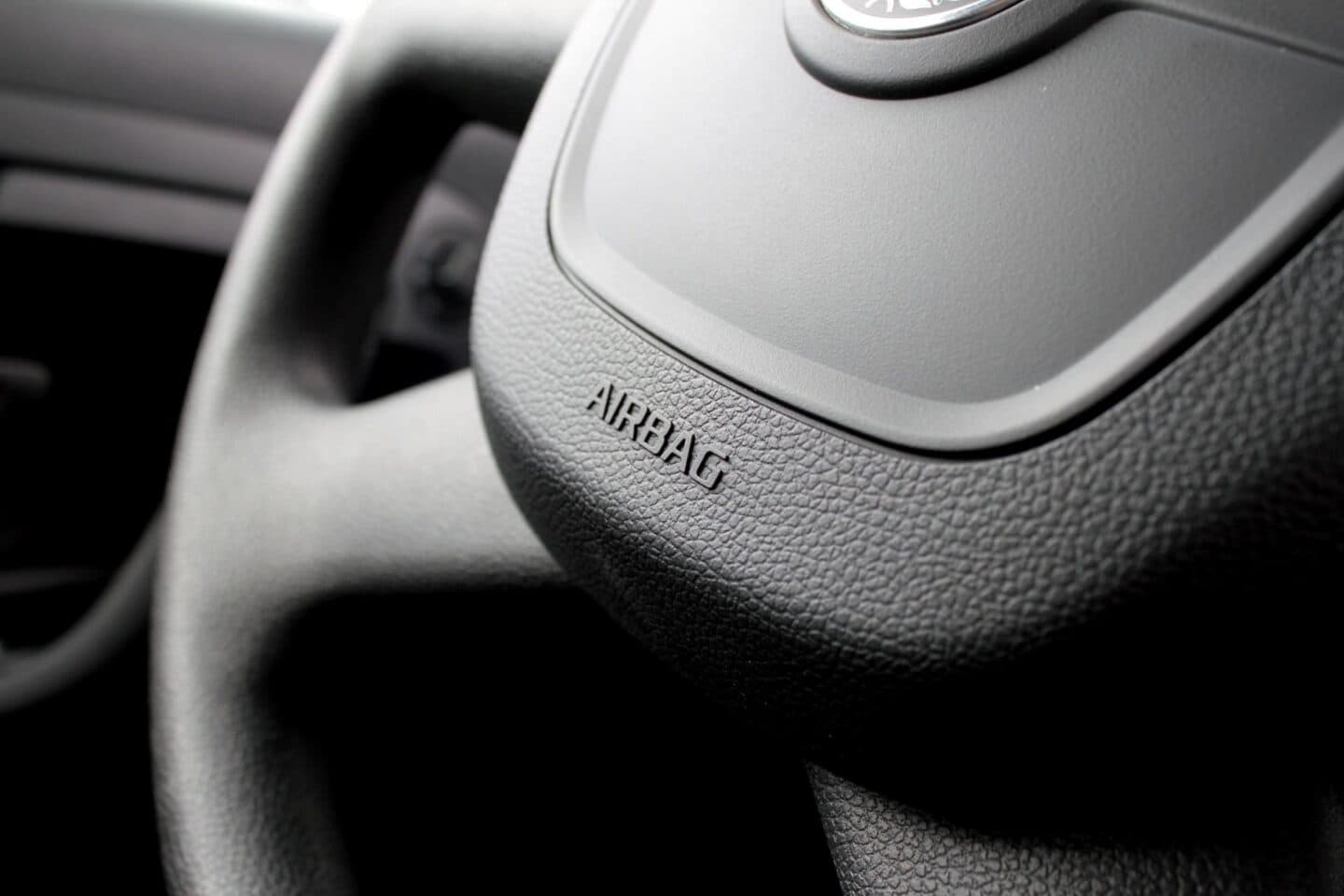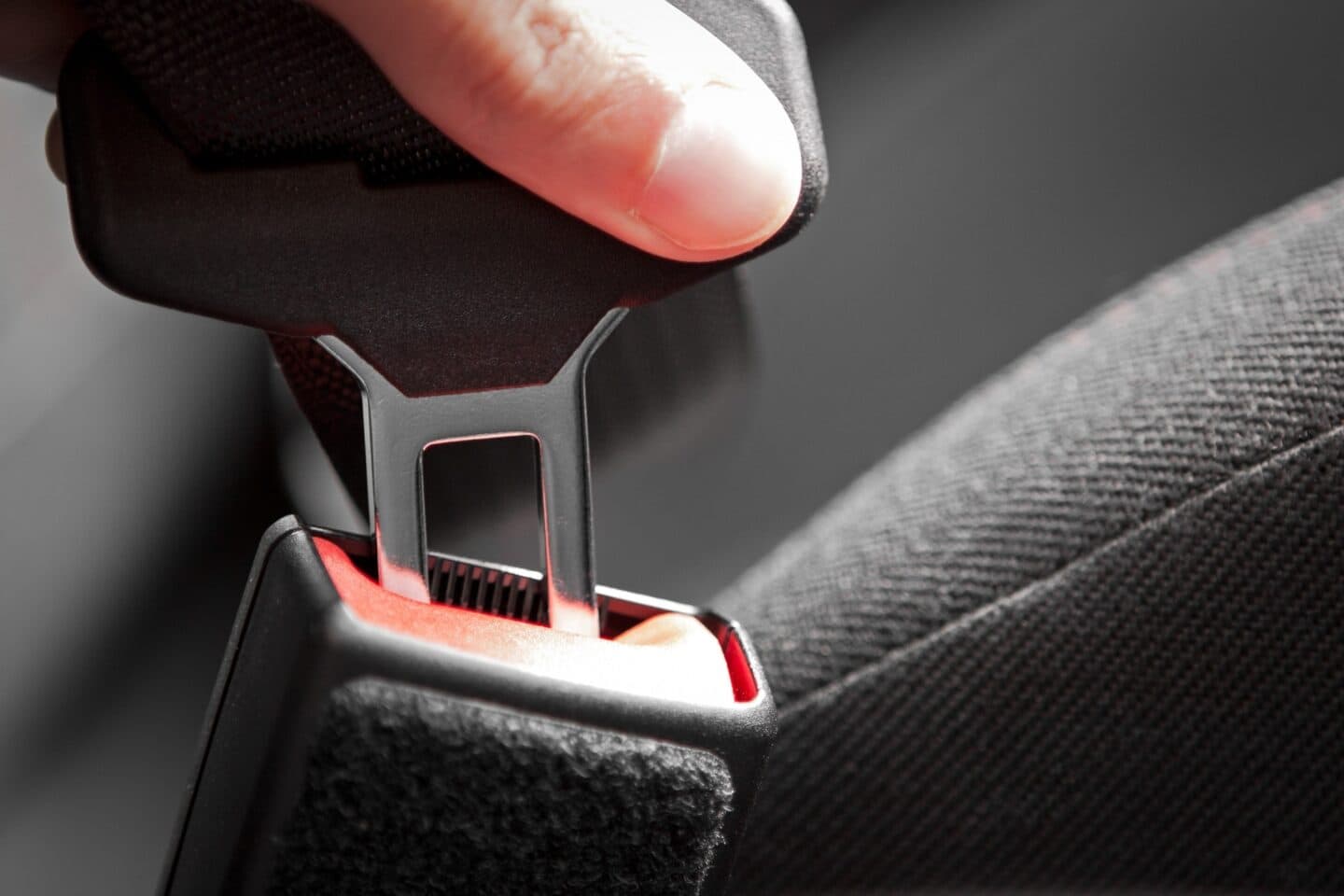Ford Issues Safety Recall Over Transmission Issue

In early April 2022, Ford announced a safety recall impacting several F-150 pickup trucks. These vehicles may suffer from defective transmissions that could randomly shift into neutral while moving, increasing the risk of collision.
Hyundai and Kia Issue Safety Recall Over Fire Risk

Automakers Hyundai and Kia have each announced new safety recalls over certain vehicles at increased risk of catching fire. Once you’ve been notified of the recall, you can bring your vehicle to the dealership for the installation of new fuses in the ABS modules, free of charge.
Tesla Recalls Over 475K Electric Vehicles Over Trunk and Camera Safety Issues

Safety concerns over rearview camera and trunk issues have prompted Tesla to issue a recall, and Tesla plans to notify affected consumers within the upcoming months.
Audi Recalls Over 288K Vehicles Over Engine Safety Issue

Any spill in the rear seat of an Audi Q5 vehicle may cause liquid to penetrate the gateway control module, resulting in the shutdown of the control module and a reduction in engine power. Affected customers can receive the recommended repairs beginning in February 2022.
Honda Recalls 725k Vehicles Over Hood Safety Issue

In early December 2021, Honda announced a safety recall affecting approximately 724,826 vehicles suffering from a hood-related defect. Affected customers should take their vehicles to the dealer for the necessary repairs beginning in January 2022.
Volvo Issues Safety Recall Over Defective Airbags

In early October 2021, Volvo announced a new auto safety recall impacting nearly 260,000 vehicles with defective airbags. Volvo will replace the faulty airbag with a new airbag that contains a different propellant and inflator at no cost to the customer.
Ford Announces Safety Recall on Mustang Mach-E Over Defective Windshields

In late September 2021, Ford Motor Company announced a safety recall on 2021 Ford Mustang Mach-E SUVs over improperly installed windshields and glass roofs. Affected consumers can start scheduling recall repairs in late October.
GM Announces Safety Recall for Chevy Bolt Vehicles

GM recently announced a safety recall impacting every Chevrolet Bolt EV ever made. Customers are urged to seek the recommended repairs as soon as they become available.
Tesla Announces Safety Recall Over Seat Belt Issues

Tesla recently announced two new safety recalls over potentially defective seat belts, affecting approximately 7,600 vehicles. A cross-threaded seat belt fastener increases the risk of injury in the event of a crash, so affected customers should visit the dealership for inspection and repairs.
Auto Safety Recall Trends in 2020

Auto manufacturers launched several major safety recall campaigns in 2020, but the COVID-19 pandemic deterred many consumers from receiving the replacement parts. Defects in airbags, latches, engines, and driver-assist programs should be addressed as soon as possible.
Tesla Recalls More Than 130,000 Vehicles Over Safety Concerns

Tesla announced a recall over media control unit failures affecting 2012-2018 Model S sedans and 2016-2018 model X SUVs. Affected customers will receive notification by March 30, 2021.


